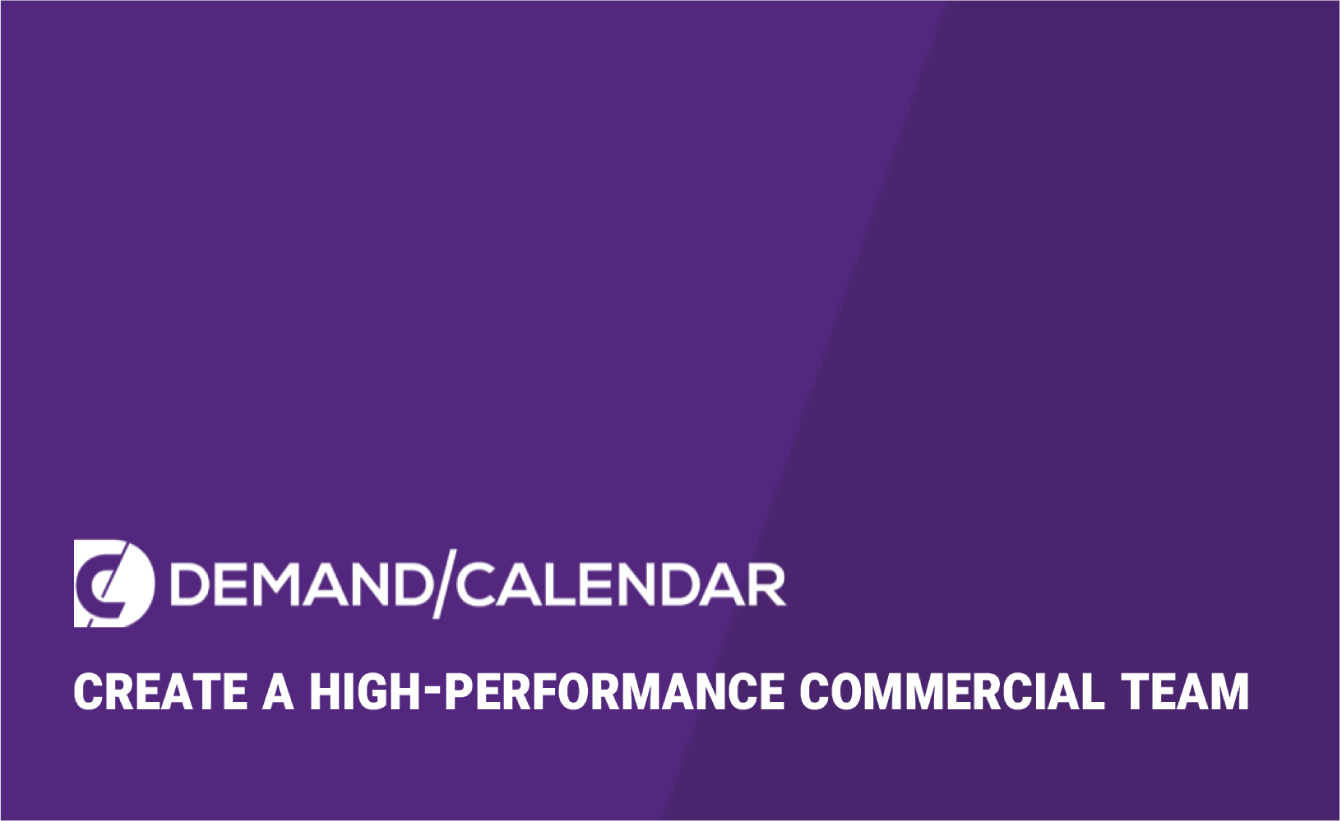Commercial roles cannot afford to work in silos any longer, wasting time and money when decisions are not well coordinated. The only way to maximize the return on investment of promotions and campaigns is to work as a team.
Before the pandemic, many commercial roles worked in silos with their unique data, goals, and activities without much coordination with other positions. With a never-ending flow of new guests requiring an overnight stay in hotels, this was not a huge problem, even though this way of working was not optimal and only produced marginal results.
Teamwork maximize results of promotions
The situation has changed dramatically. Today hotels need to fight to convince every guest to stay with them instead of staying at a competitor. Every hotel needs to work as a team to win the guests. If you have not yet re-organized marketing, sales, and revenue to a commercial team, it is time to do this now.
There are numerous studies from many industries about promotions. Measuring price sensitivity, A/B-testing of product offerings, linking promotions to pricing structure, consumer behavior, and other factors might be too difficult to understand for many hotels, but here are three practical ideas hotels can and should be doing.
Three ideas for managing campaigns
Collect and analyze data about promotions
Hotels have been working with promotions for a long time and should have access to vital data to evaluate the results from each campaign. All this knowledge and insights are the basis for creating successful promotions in the future. If you have not stored the data about promotions, analyzed the results, and learned from successes and mistakes, it is time to set up these processes. Without a systematic way of managing promotions, you will waste a lot of time and money on campaigns that do not produce the intended number of room nights and revenue.
Target each campaign to a well-defined audience
Many hotels are overconfident in driving room nights by lowering rates. However, the pandemic clearly showed that rate is not the only factor that drives volume. Hotels need to gain a better understanding of consumer needs and behavior to become more successful with promotions. Each campaign must target a specific consumer and the needs of that consumer. For clarity, an attractive price could only be the tipping point to book the hotel over a competitor. Without precise targeting of each campaign, it will only result in a lower general rate, and there is a risk that potential guests will have doubts about the value of the hotel stay.
Track pick-up and adjust the campaign
When a hotel launches a targeted promotion with an attractive offering, for a specific stay period, with some restrictions, and a well-balanced price, it is vitally important to start tracking pick-up. If the pick-up is quick, the potential guests perceive the value as very high, probably too high from the hotel's perspective. Adjust the rate and monitor if the booking pace changes. If there is no pick-up, then the campaign has no or low value to potential guests. This scenario is a little bit more complicated since there might not be any demand for overnight stays in the first place. No campaigns, regardless of value, will drive room nights. Monitoring pick-up and quickly adjusting the offering or price will produce the expected number of room nights and revenue. Keep good records on all adjustments to learn how to manage future campaigns.
Following these three practical ways of working will produce better results, especially if you manage to get all commercial roles to work as a team.
For more ideas, download the white paper "Create a High-Performance Commercial Team."

